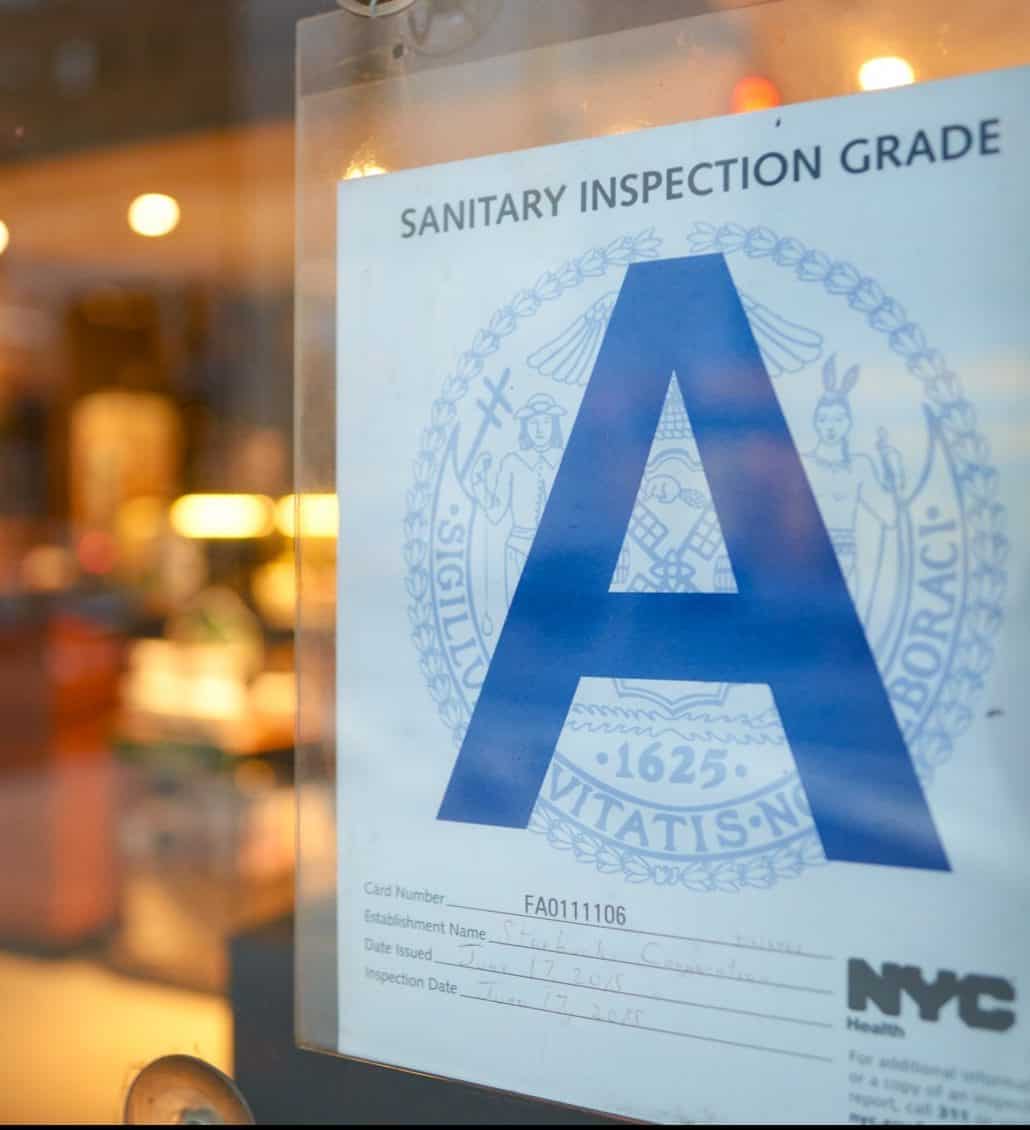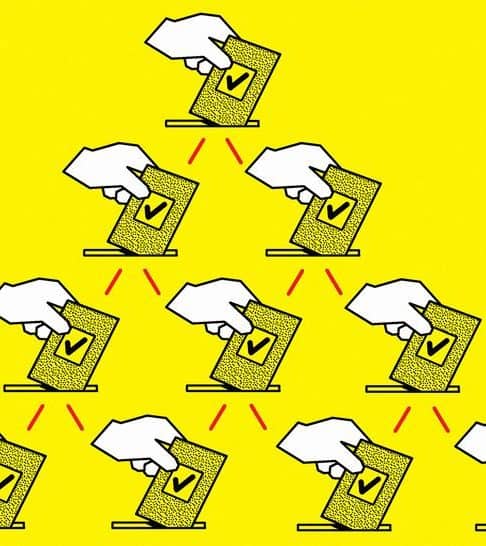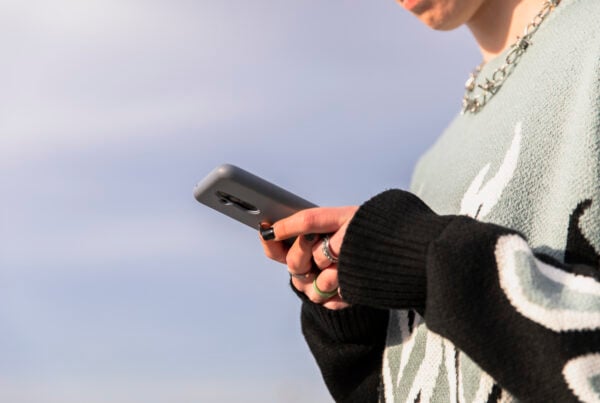Find out the week’s top mobile stories from around the world.
This week.. Mobile becomes main banking channel in Brazil, do India’s proposed data protection measures do enough to protect privacy, Jack Ma points to Africa as the next great tech frontier and much more…

Mobile becomes main banking channel in Brazil
Zdnet
The mobile channel has surpassed Internet banking for the first time in Brazil, according to statistics from the Brazilian Central Bank.
Some 24,5 billion banking transactions were carried out via smartphones and tablets in 2017, up 46,7 percent when compared to the 16,7 billion transactions in the prior year, according to the statistics on retail and card payments in Brazil.
Internet banking transactions, at 20,6 billion, had a minor increase in relation to 2016, when 20,3 billion transactions via that channel were recorded. Transactions carried out at the branch dropped to 8,1 billion from 8,9 billion in 2016, according to the Central Bank report.
Read more…
As Google shifts to mobile, its referrals to news sites keep growing
Poynter
A shift in the way Google views and ranks web pages may be sending more traffic to news publishers in a continuation of a trend that started early last year.
On July 1, Google switched to mobile-first indexing, meaning Google’s bots started crawling through websites as though they were seeing them through smartphones rather than desktop devices.
Since that change and other updates that looked at mobile page speed, Chartbeat told Poynter it found that 71 percent of the about 10,000 publishers it studied saw an increase in traffic that came through Google search. Compared to the previous month, Chartbeat also found a 10 percent increase in the volume of Google traffic landing on publishers’ websites from mobile devices, but an 8 percent decrease in desktop traffic coming from Google.
Read more…
India’s Proposed Data Protection Measures Don’t Do Enough to Protect Data or Privacy
The Wire
There is a land rush to establish a data privacy and protection law in India. Things have changed from two years ago, when the government was repeatedly insisting that the Information Technology Act of 2000 was adequate for the task. At this time, there is a draft Bill proposed by a government-formed commission, there is a set of recommendations by the telecom regulatory authority, and there is a ‘citizens’ law’ proposed by a small group of technically literate elite. These are welcome initiatives, but none of them is comprehensive enough when it comes to balancing individual rights versus public accountability, nor do they go far enough to promote data protection.
Strikingly, but perhaps unsurprisingly, all three proposals refer to the EU’s General Data Protection Regulation (GDPR) since it is currently one of the most comprehensive data protection regulations in the world. The three proposals also resemble the EU’s GDPR in many portions, sometimes down to verbatim copy-and-paste sections. Where they differ, they reflect their creators’ ideologies and biases.
Read more…
Jack Ma: Africa Is The Next Great Tech Frontier
PMNTS.com
Alibaba Group Holding’s founder and chairman Jack Ma China’s said that the company “will do anything to share technology” with Africa.
“The opportunity in eCommerce in Africa lies in the fact that Africa is lacking logistics, infrastructure and payment systems,” Ma said at a conference in Johannesburg, according to Bloomberg.
Ma discussed with South African President Cyril Ramaphosa implementing more favorable tax conditions for eCommerce startups. And Ma has set aside $10 million for a fund for African entrepreneurs.
Read more…
What is AR’s role in retail mobile apps going forward?
Mobile Payments Today
Most retailers are to looking get products and services into the hands and eyes of customers anytime, anywhere, coupled with a high-quality and consistent brand experience. One-way engagement mechanisms such as SMS, email, print, and TV advertising are passive, akin to sending a letter via stagecoach and then waiting around wondering, “Did they receive it?”
Now augmented reality apps are emerging that deliver rich, highly interactive, two-way experiences that visually engage customers and extend products and services to fingertip access, both inside and outside the store. Central to AR apps is they are tailor-made for mobile devices. Houzz reports that mobile users who engage AR are 11x more likely to purchase and spend 2.7x more time in the app.
Whether virtually walking around furniture to pick out the right fabric or choosing the perfect headlamp for a BMW, we are all kids at heart, and AR shopping experiences are lots of fun. Indeed, research shows that nearly 70 percent of consumers expect retailers to offer an AR experience. Meanwhile, research also shows that a whopping 61 percent of shoppers like shopping at stores that offer some kind of AR functionality versus stores that do not.
Read more…
The Internet of Things Needs Food Safety-Style Ratings for Privacy and Security
Motherboard
By now, we’re all intimately-familiar with the comically-bad security and privacy standards that plague most modern, internet-connected devices in the internet of things era.
Thanks to companies and evangelists that prioritize profits over privacy and security, your refrigerator can now leak your gmail credentials, your kids’ Barbie doll can now be used as a surveillance tool, and your Wi-Fi-enabled tea kettle can open your wireless network to attack.
The paper-mache grade security on many of these devices also makes it trivial to quickly compromise and integrate them into botnets, resulting in the rise in historically-unprecedented DDoS attacks over the last few years. Security is so lacking, many devices can be hacked and integrated into botnets in a matter of just minutes once connected to the internet.
Read more…
China’s gaming industry suffers as new govt body kills approval of upcoming titles
Star Online
China’s gaming industry – the world’s biggest in terms of users and revenue – is suffering its slowest growth in at least a decade, amid a months-long halt on government approval of new games.
In the first half of 2018, China’s gaming market recorded total revenue of US$15bil (RM61bil), up 5% from the same period last year, according to Beijing-based research firm CNG and China’s official gaming association GPC. This is the first time that the market has had single-digit growth since at least 2009, according to the CNG and GPC report released last week.
Mobile gaming accounted for the bulk of revenue in the first half, but year-on-year growth plunged to 13% from 50%. Overall, China’s gamer base continued to grow and surpassed 527 million people in the first half, with 458 million of these mobile gamers.
Read more…
Mobile data usage in India is at par with developed markets
Gizbot
India has the potential to unlock over $50 billion online commerce by driving awareness, usage, and transactions among the current and next set of internet users and shoppers, as per the new report issued by Bain & Company, Google and investment firm Omidyar Network.
More than 500 million Indians who will constitute the next wave of online consumers. The report also captures the changes in India’s emerging Internet landscape over the last few years. Its findings show data usage on mobile is at par with developed markets (8 GB/month/subscriber).
Read more…
The mobile apps and wearable tech tapping into users’ emotions to tackle depression and anxiety
Horizon Magazine
Personalised smartphone applications and wearable technologies that are attuned to the user’s state of mind are offering customised ways of helping people cope with mental illness.
The rising incidence of mental health problems places great strain on health systems and societies around the world. In the EU, mental health disorders are already estimated to cost the economy €798 billion a year – a figure that is expected to double by 2030.
Given the prevalence of mental health issues, some researchers seeking alternative ways to treat the more common conditions are turning to technology to help.
While there has been a boom in self-help and digital wellness apps on smartphones and tablets promising support for mental health issues, much of the data they generate needs to be first interpreted by health professionals before it can be used in an effective recovery programme.
Read more…
Is Blockchain Technology the Future of Voting?
Bloomberg
In Mac Warner’s 23 years in the U.S. Army, he experienced firsthand the hurdles of voting from abroad. “On a hillside in Afghanistan, it’s hard to get mail, it’s hard to ship it out,” he says.
As West Virginia’s secretary of state, Warner wants to help deployed service members to more easily cast a ballot—only 20 percent of the state’s overseas military personnel voted in 2016. He also wants to bolster election security.
In the state’s primary in May, Warner got his wish. A pilot program enabling voting via a blockchain network allowed his son Scott—an Army first lieutenant in Vicenza, Italy—to cast a ballot with his smartphone. “In the same amount of time that I could’ve pulled up and watched a YouTube video,” Scott Warner says, “I actually got to go perform my civic duty.”














